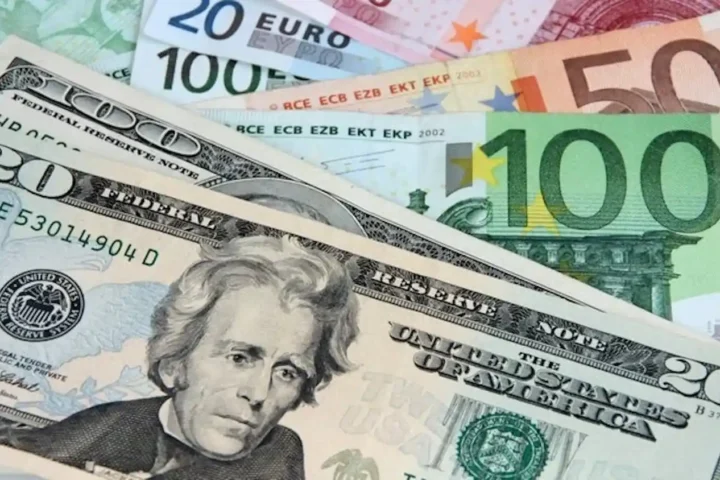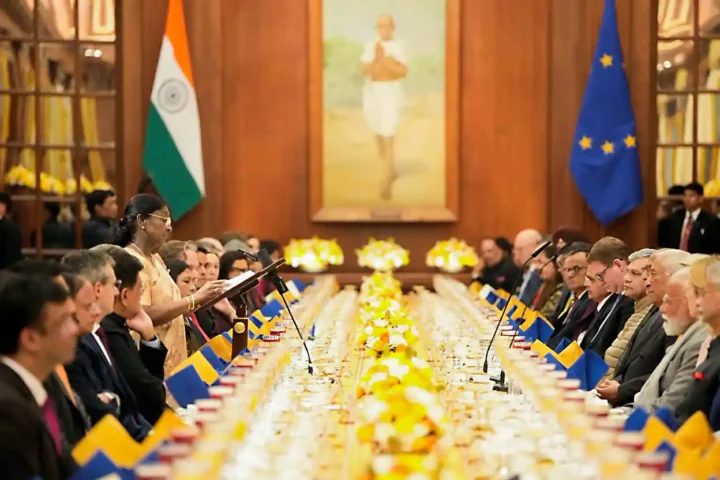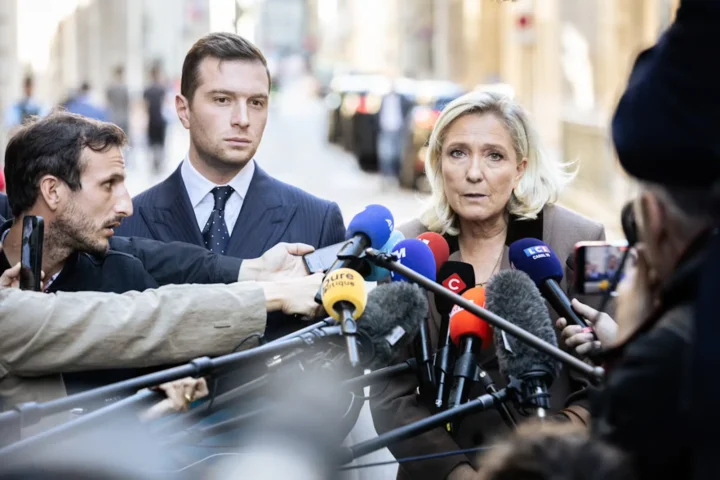As Denmark prepares to take the helm of the European Union Council in July, it does so with an ambitious message: climate action must remain at the heart of Europe’s agricultural policy. But Copenhagen’s progressive vision is colliding with a political landscape increasingly retreating from green commitments.
Fresh from passing a world-first tax on agricultural emissions at home, Denmark hopes to use its six-month presidency to showcase how climate goals and farming can coexist. Danish Minister for Green Transition Jeppe Bruus says the country intends to lead by example.
“We can solve the climate crisis, protect biodiversity, and deliver food security in a sustainable way,” Bruus said recently. “This is what Denmark is good at — and we want to share it.”
But Brussels may not be ready to listen.
Domestic Boldness, International Headwinds
Denmark’s domestic credibility on green farming policy is strong. In 2023, the country passed a landmark agreement that will tax livestock emissions starting in 2030 — a measure that survived political scrutiny and won rare cross-sector support. The so-called Green Tripartite Agreement, built through consensus between government, farmers, industry and environmental groups, aims to meet Denmark’s legally binding target of a 70% emissions cut by 2030.
Agriculture accounts for nearly a third of the country’s total emissions — and about 80% of methane and nitrous oxide, powerful greenhouse gases. The new tax, paired with reinvestment in biodiversity, peatland restoration, and green innovation, is designed not to penalize farmers but to support a sustainable transition.
Unlike the EU’s often bureaucratic and opaque policymaking model — marked by trilogue negotiations — Denmark’s collaborative approach stands out. Every krone raised through the new tax will be redirected back into the farming sector, Bruus emphasized, underscoring a climate policy designed “with” farmers, not “against” them.
Yet this progressive model is landing at a time of growing resistance across Europe. A year of farmer protests, electoral gains for right-leaning parties, and EU leadership fatigue on green policy have pushed the bloc toward deregulation. The European Commission, once eager to pursue an aggressive Green Deal under President Ursula von der Leyen, has begun softening its environmental stance — favoring terms like “competitiveness” and “resilience” over emissions cuts.
A Presidency of Possibilities — and Limits
Denmark’s presidency arrives at a sensitive moment. The EU is gearing up for its next long-term budget, which will shape agriculture spending through 2034. Hot-button topics like genetic engineering and animal welfare are also likely to surface, bringing further friction.
While Denmark may inspire some with its domestic model, its ability to influence the wider bloc is limited. Critics of the Danish approach note that its proposed carbon tax — starting at just €16 per ton and rising to €40 by 2035 — may be too modest to drive real change. Others question the reliance on voluntary actions and emerging technologies like biochar and methane inhibitors, warning that progress may be uneven and hard to verify.
Even within Denmark, political opposition is growing. Some right-wing parties have voiced concern over the potential for job losses and production moving abroad. Across Europe, key agricultural nations like Ireland and Germany are reluctant to embrace similar measures, fearing economic fallout in sectors still reeling from inflation and global competition.
“The EU does not have the same consensus-driven model Denmark relies on,” said Alan Matthews, professor emeritus of European agricultural policy at Trinity College Dublin. “Most governments are focused on shielding farmers, not transforming agriculture.”
A Green Torch in a Difficult Climate
For now, Denmark’s presidency is less about passing sweeping reforms and more about holding the line on climate ambition. Bruus has acknowledged that farmers won’t change unless the economics make sense — a lesson that may find receptive ears during upcoming debates on the EU’s Bioeconomy Strategy, due in late 2025.
Whether Denmark can steer the conversation toward long-term sustainability depends in part on the EU’s willingness to rethink its funding priorities. Delivering a “Green Deal 2.0” would require a political and fiscal commitment that is currently lacking — especially with looming debates over how to allocate the post-2027 Common Agricultural Policy budget.
Still, Denmark’s leadership could keep green issues on the table at a time when many in the bloc might prefer to sweep them aside.
“We may not reshape EU agriculture overnight,” Bruus said. “But we can remind Europe what’s possible — and what’s necessary.”
In a season of political retreat, Denmark’s presidency may serve not as a revolution, but as a reminder: the green transition still has champions, even if the tide is moving against them.











